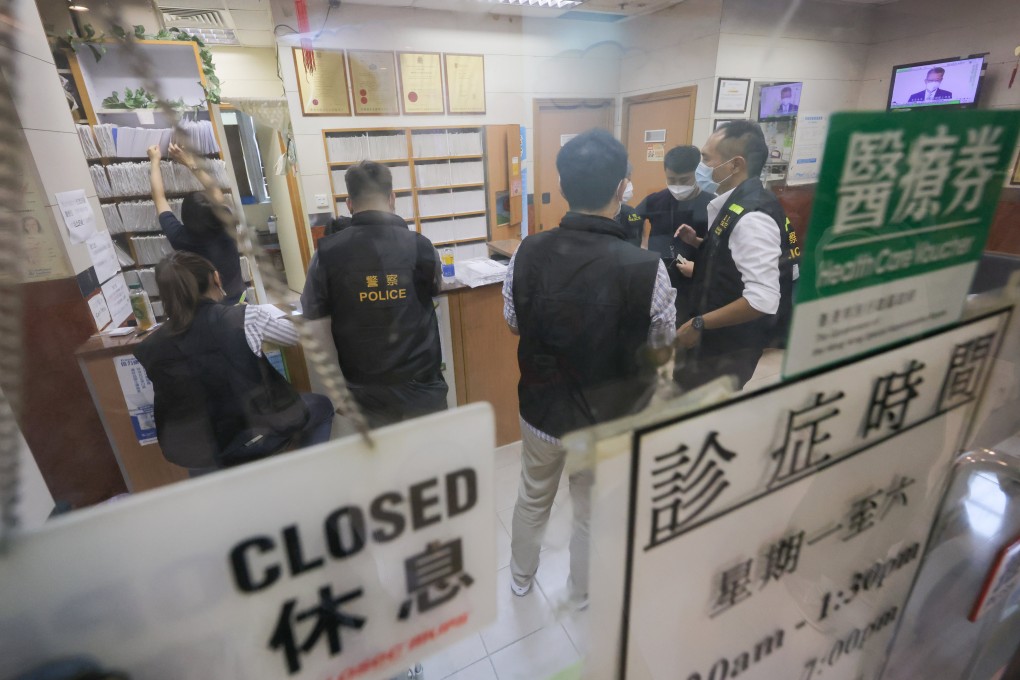Advertisement
Letters | Covid-19 vaccine exemption scam: doctors and civil servants involved let Hongkongers down
- Readers discuss the spate of arrests over fake vaccine exemption certificates, the persistent denial of scientific evidence of human influence on global warming, the benefits of a citywide five-day work week, and the impact of exam pressure on students’ mental health
Reading Time:4 minutes
Why you can trust SCMP
4

Feel strongly about these letters, or any other aspects of the news? Share your views by emailing us your Letter to the Editor at [email protected] or filling in this Google form. Submissions should not exceed 400 words, and must include your full name and address, plus a phone number for verification.
It is worrying that the issuance of fraudulent Covid-19 vaccination exemption certificates by seven doctors may adversely affect public health and Hong Kong’s economic recovery. It is of concern that not only members of the general public but also civil servants availed themselves of such certificates.
Doctors have a duty to protect the public from public health risks. Fraudulently issuing vaccination exemption certificates is an act of selfishness and a violation of doctors’ professional code.
Advertisement
These doctors are mercenary. One of them charged HK$4,000 for the certificate. They should face the full force of the law, including the possibility of a prison sentence, and any penalties the Medical Council deems fit to mete out, including striking them off the list of registered practitioners.
We should also reflect on why people chose to buy these exemption certificates. Most people are eligible for vaccination, but some are afraid of long-lasting and potentially dangerous symptoms like myocarditis. However, government officials have repeatedly emphasised that the Covid-19 vaccine is safe and that any associated risks are considerably lower than those associated with Covid-19 infection.
Advertisement
So it is hard to understand why 370 civil servants have refused to get jabbed. Civil servants should set an example for the rest of the population, instead of fretting about side effects.
Advertisement
Select Voice
Select Speed
1.00x